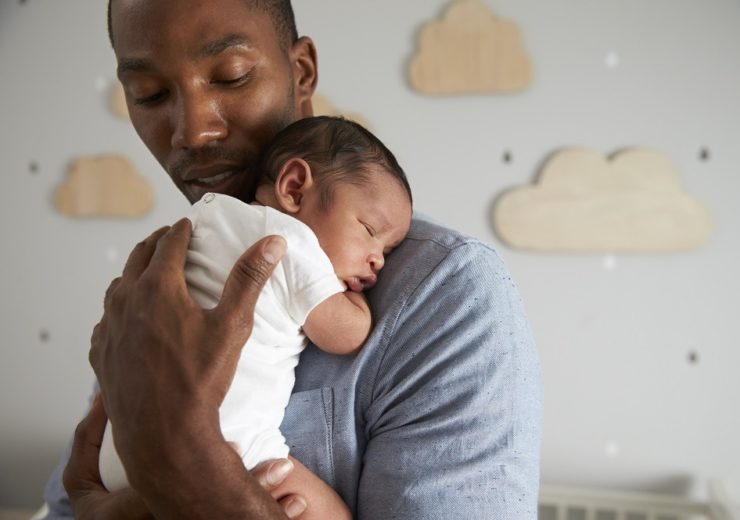The burden of childcare has long fallen inequitably, with mothers taking more parental leave – but according to Aviva data, when the barriers are removed, fathers share childcare and work more flexibly

There was a 23% increase in the proportion of new dads at Aviva taking equal parental leave in 2019 compared to 2018
A new study of 343 employees who have used Aviva’s parental leave policy shows that equal parental leave can change the way parenting duties are shared in the UK.
On average, new fathers take two weeks of parental leave, but Aviva dads take five months off (with full pay) – two years after Aviva became one of the first major UK companies to offer this option to employees.
The number of fathers who are taking advantage of this policy has been growing, with a 23% increase in the proportion of new dads taking equal parental leave in 2019 compared to 2018, and an 11% rise in the number of paternity days taken.
This is despite the fact that 43% of dads admitted they were worried this would negatively impact their career – more than twice as many as women (20%).
The fact that they weren’t put off from taking leave may be because they felt they had strong support from their line managers: 92% reported their line manager was supportive of their decision to take parental leave.
Having support from colleagues and managers is part of creating a strong culture that enables fathers to overcome their doubt and take extended leave even though it’s not as culturally common.
Lindsey Rix, CEO of Aviva UK Savings and Retirement, said: “When barriers are removed, and the right culture is in place, men are keen to take more time out of work to care for their young families.
“Equal parental leave can be a powerful catalyst for changing workplace culture and the experience of new parents.”
Returning to work can also be difficult for new parents and require some accommodations, which is evident in the fact that 29% of women formally change their working hours upon their return.
Only 2% of men change their contracted hours, but 32% say they work flexibly or condensed hours, in most cases informally.
“Many male colleagues have said equal parental leave has helped them to better understand what returning to work has long been like for new mums,” says Lindsey.
“We will be tracking this over the coming years to see exactly how it might have a positive impact on the shape of our business. We are also seeing an increase in the number of dads wanting to work more flexibly when they return, suggesting that equal parental is influencing that.”
Women at Aviva still take significantly longer parental leave than men (311 days vs 158 days), but it’s clear that new fathers want more than two weeks of time off. The culture around parental leave is changing, with fathers taking more leave and managers very supportive of their employees taking time off.
“We’re just two years into Equal Parental Leave at Aviva, and we’re still learning about its impact,” says Lindsey.
“However, what is clear is that it is helping to remove barriers and it is helping to create a more diverse and inclusive culture which benefits everyone. We will continue to help people understand how it can work for them and encourage people to use it.”
This is a sponsored post by our partner Aviva


